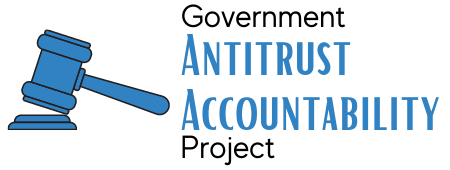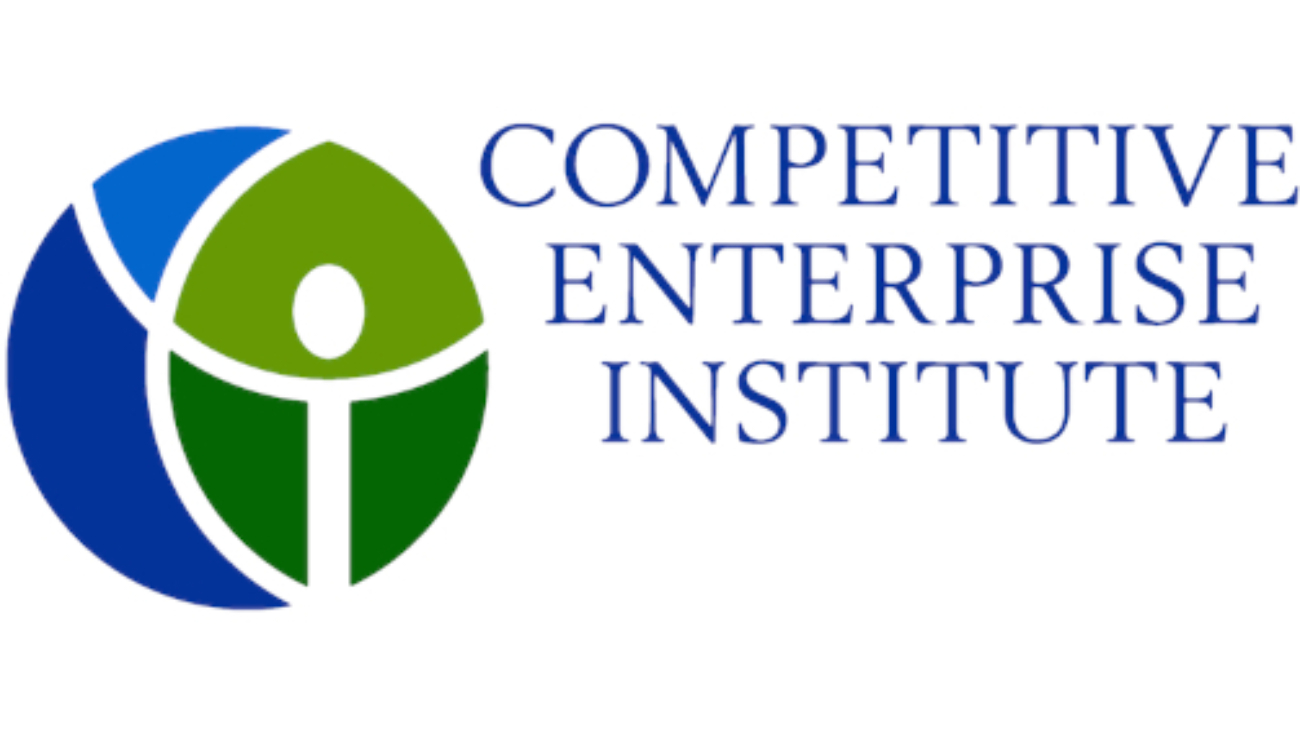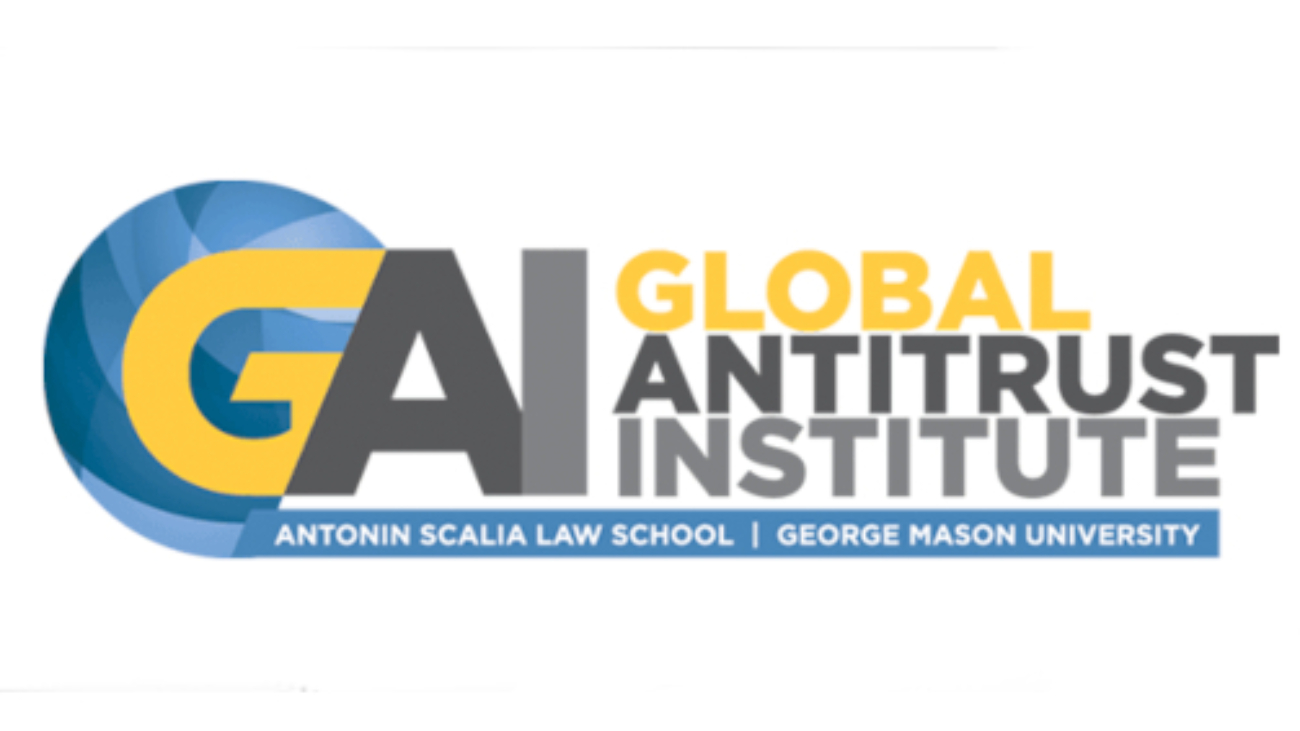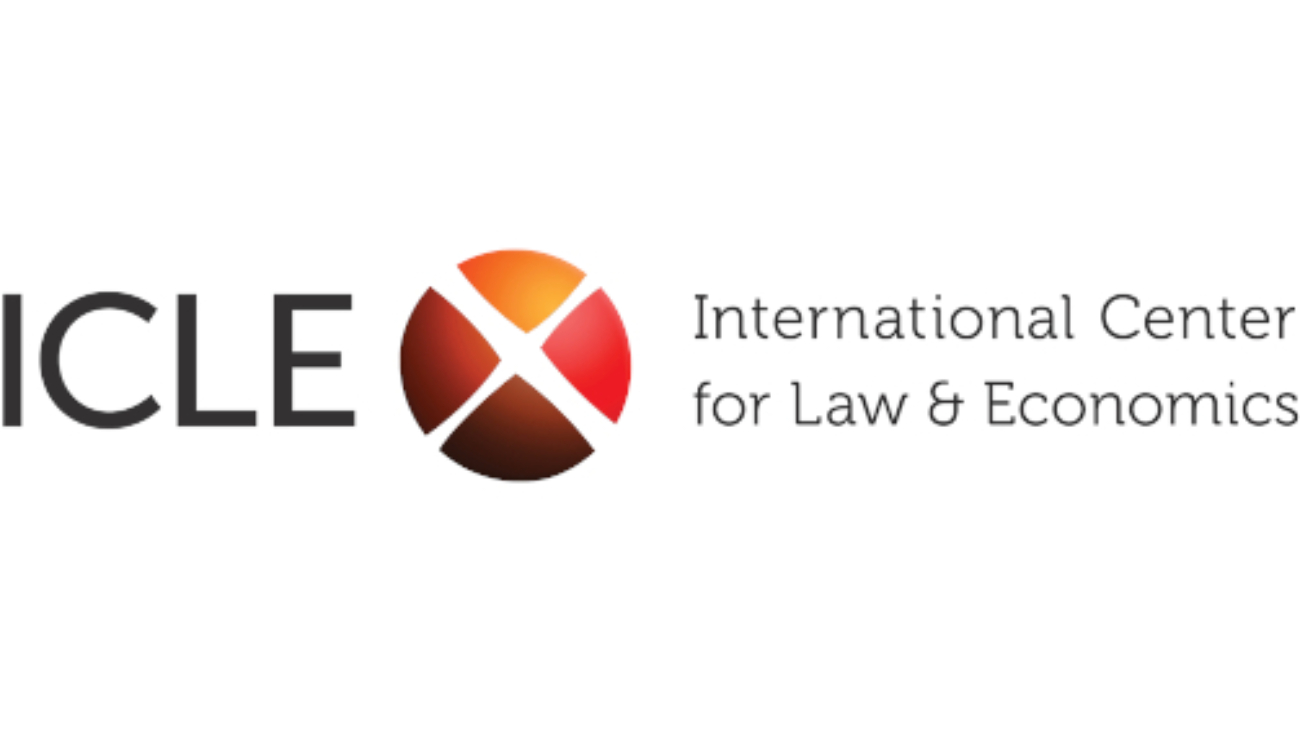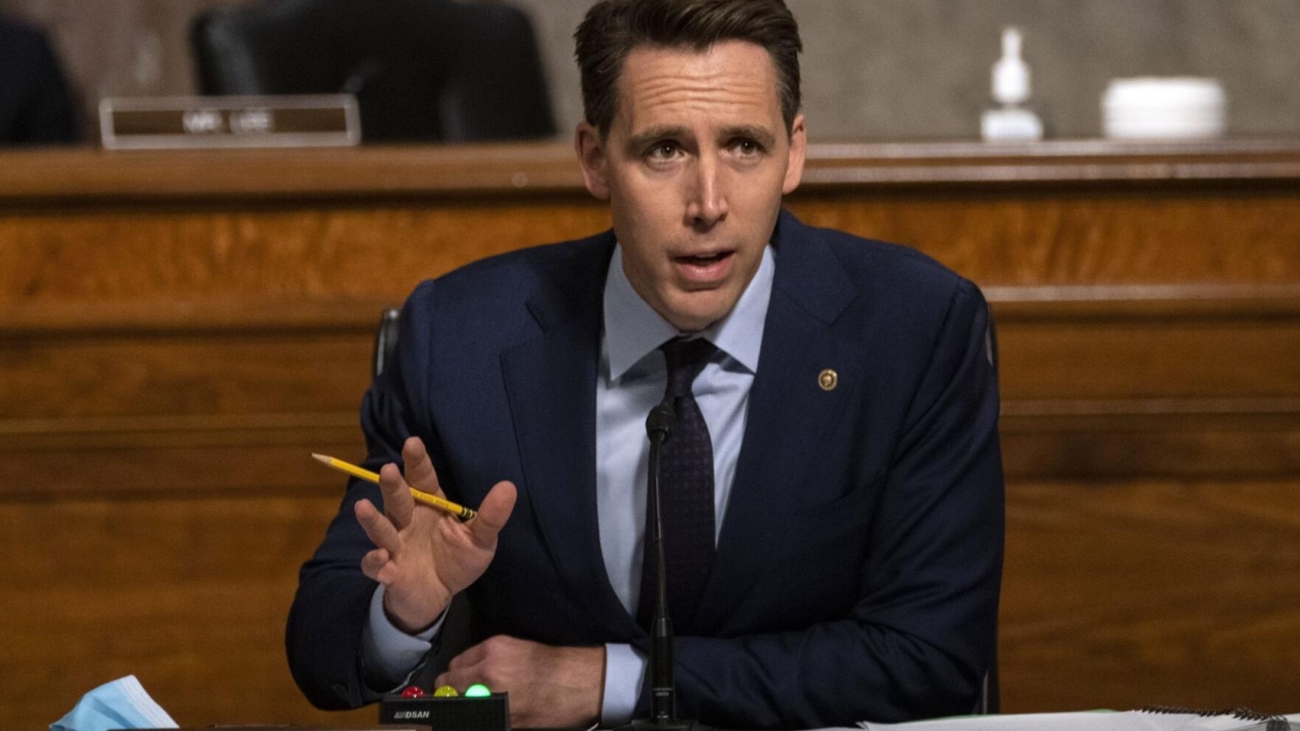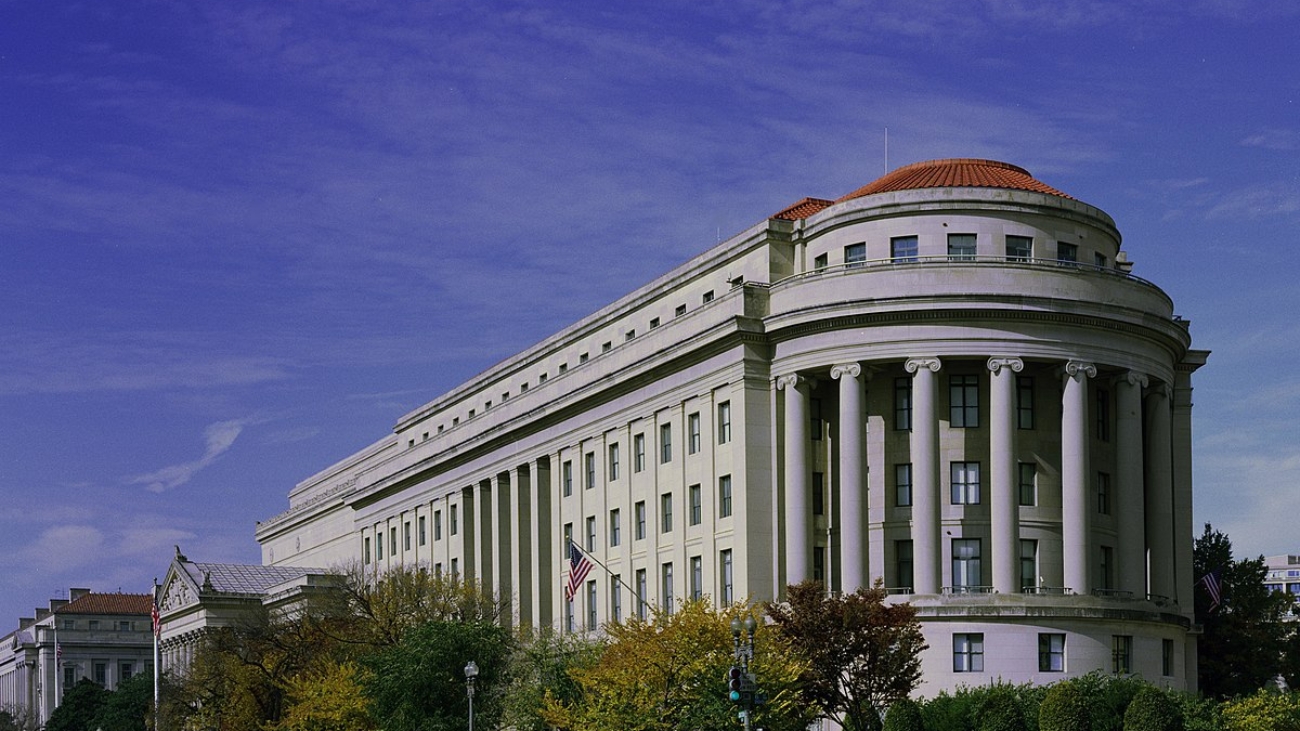WATCH: TPA Talks w/ Small Biz Owner on How Facebook Allowed her to Keep Doors Open During Pandemic
Patrick Hedger (VP of Policy for TPA) Interviews Renee Ventrice, Owner of Cork and Keg Tours on how Facebook allowed her business to survive during the pandemic.
Competitive Enterprise Institute
The Competitive Enterprise Institute (CEI) is widely recognized as a leading and effective advocate for freedom on a wide range of critical economic and regulatory policy issues. CEI’s research and analysis are cited thousands of times in major media outlets, relied upon by scholars and advocates, and used by members of Congress, executive branch officials, and other federal and state policymakers as the basis for reform actions and proposals. CEI’s work provides policymakers with user-friendly data and analysis, as well as concrete, actionable reform proposals.
Visit the Competitive Enterprise Institute here.
Additional resources:
Global Antitrust Institute
The Global Antitrust Institute (GAI) at Antonin Scalia Law School, George Mason University was created to promote the application of sound economic analysis to competition enforcement around the world by providing economic education to judges and competition enforcers from around the world in their Economics Institutes, sharing their legal and economic expertise by submitting written comments to regulators through their Competition Advocacy Program, facilitating debate and discussion of contemporary competition policy issues with events, and hosting visiting scholars from around the world.
Visit the Global Antitrust Institute here.
Additional resources:
International Center for Law & Economics
The International Center for Law & Economics (ICLE) antitrust and consumer protection research agenda emphasizes an empirical, evidence-based approach, informed by a decision theory (“error cost”) mode of analysis. ICLE scholars evaluate the social costs and benefits of proposed interventions, focusing in particular on how institutions affect the appropriateness and the effectiveness of antitrust enforcement.
Visit the International Center for Law & Economics here.
Additional resources:
